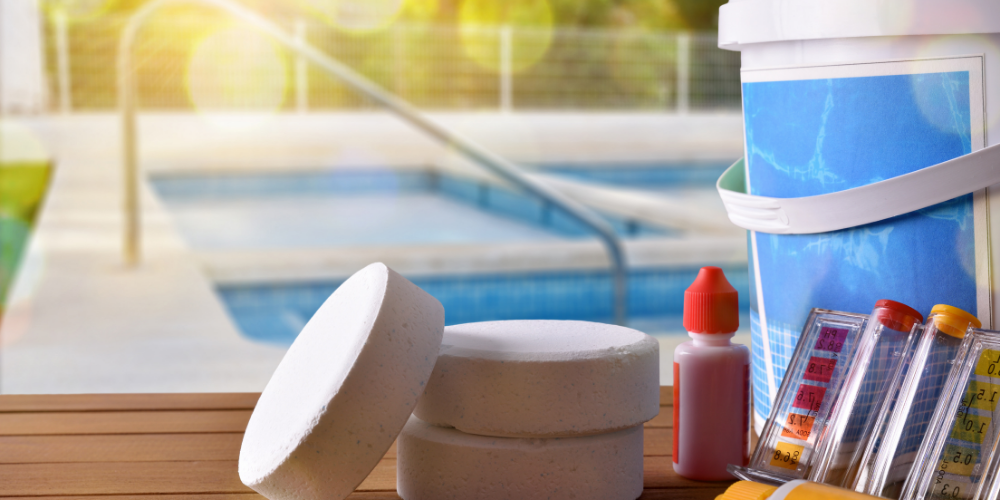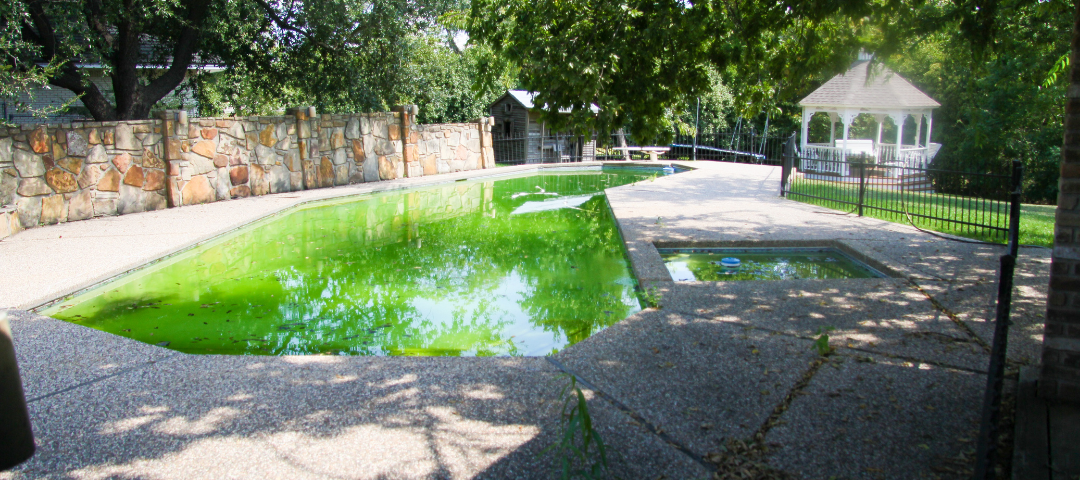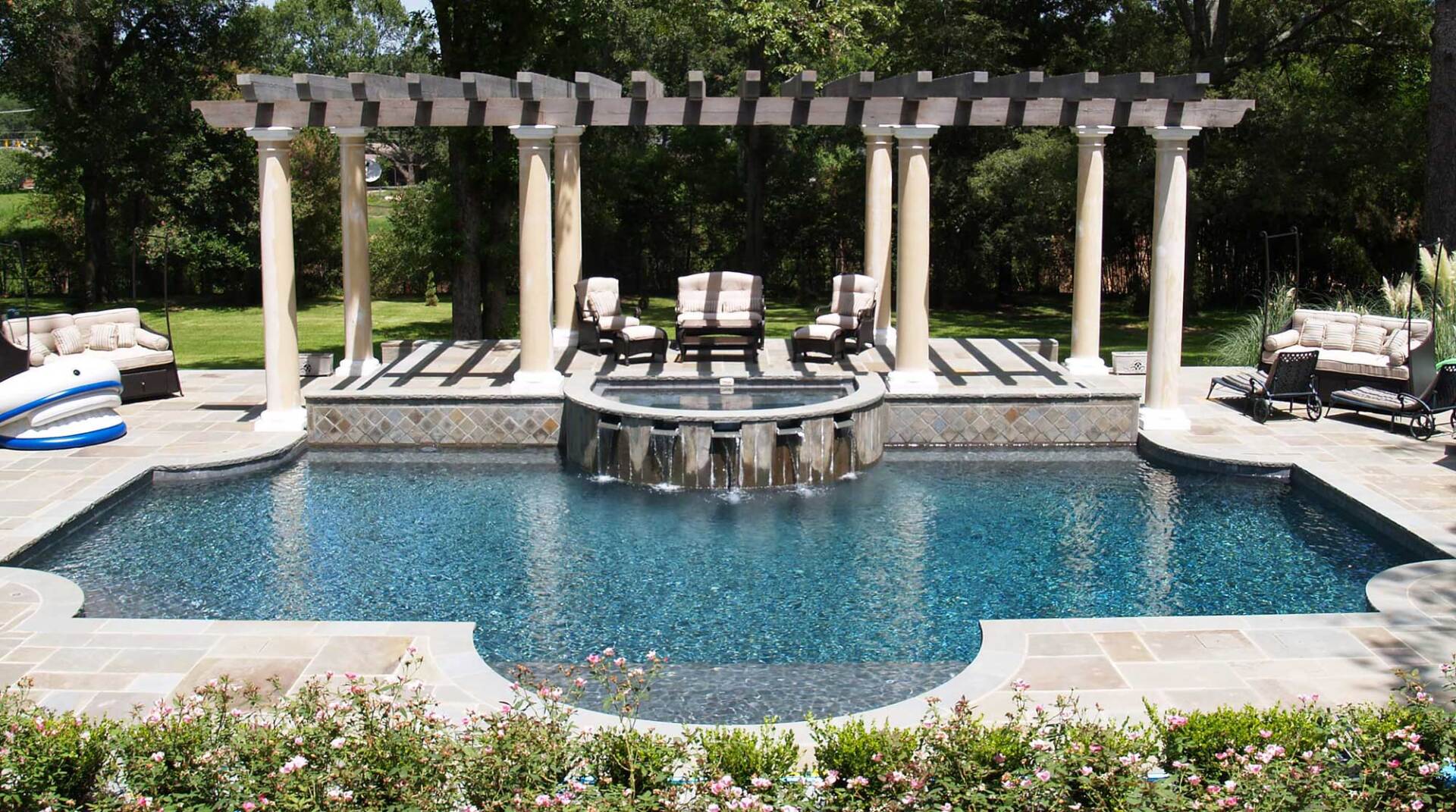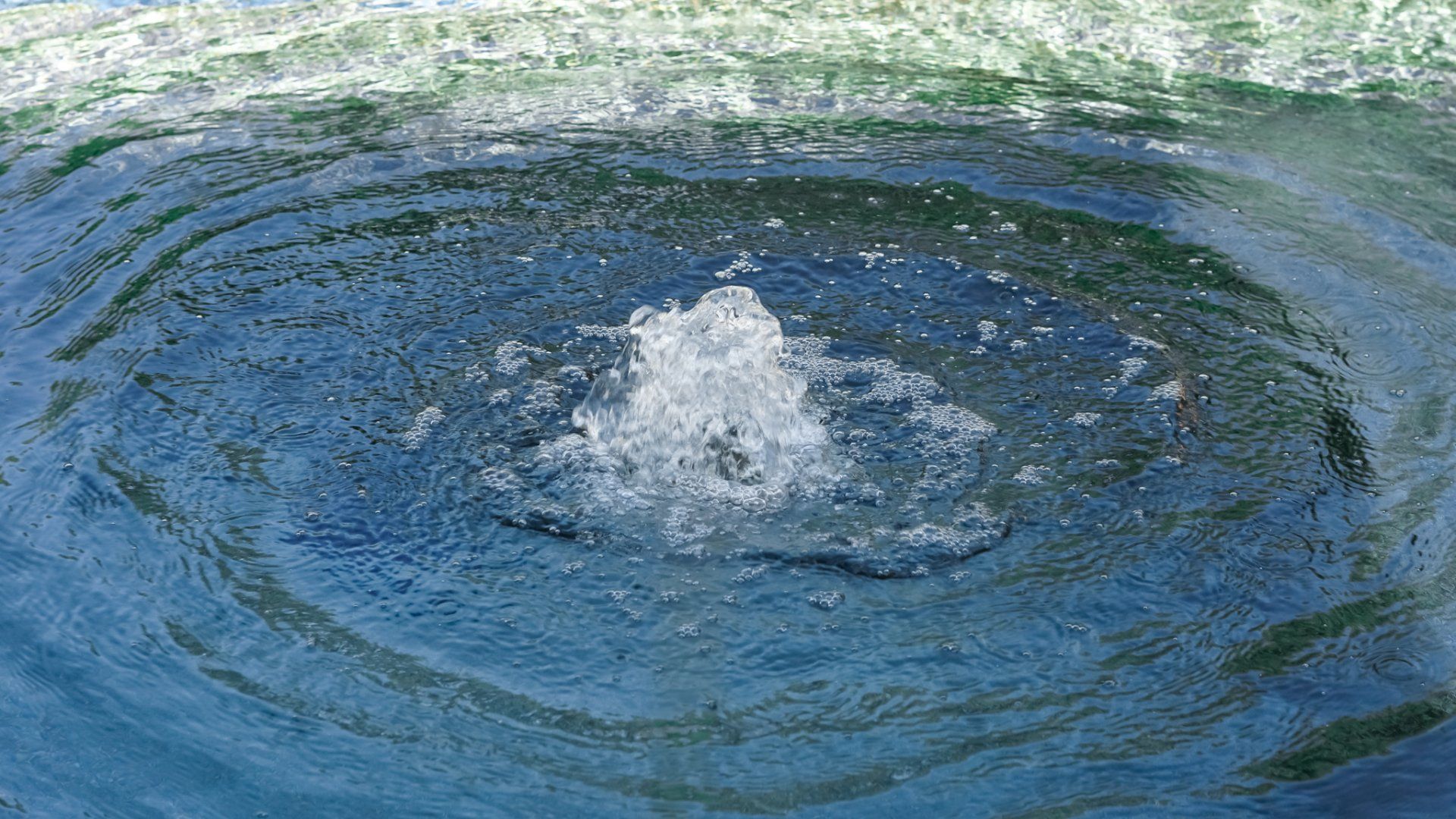Water pH – It’s a Balancing Act
Balancing pool water is one of the most important things that you can do for your swimming pool. Properly Ph-balanced water can help increase the life of your plaster, tiles, and pool equipment. It is a critical part of weekly pool maintenance. Understanding water balance can be a very confusing part of pool maintenance for homeowners.
Because of its complexity, many pool owners don’t know all they need to know about keeping their pool water safe, comfortable, and corrosion-free. The last thing you want is for a pool with unbalanced water to cause skin irritations and eye problems for swimmers.
Why are Chemical needed in Pools?
Pool water chemicals keep the water clean and free from harmful bacteria. A pool is basically a giant puddle of standing water and keeping bacteria and chemicals at the right balance is necessary to keep your swimmers from experiencing the harsh effects of that bacteria.
An unbalanced pool can also cause corrosion and damage to your pool equipment, filter, and motor resulting in costly repairs.
There are numerous components that must be balanced in the pool water.
- PH
- Total Alkalinity – how much alkaline is in the water.
- Calcium hardness
- Stabilizer
- Chlorine
Each chemical plays an important role in keeping your pool water clear, healthy, and safe —for example, high alkaline water leads to high pH. Low alkaline water leads to low pH.
If the pH gets higher than 7.8, the water is becoming too alkaline and that reduces the effectiveness of the chlorine — the pool chemical that kills pathogens and bacteria. Water with a pH that’s too high can also cause skin rashes, cloudy water and scaling on pool equipment.
Too low of a pH can cause many issues, from maintenance headaches such as etching and deterioration of plaster, grout, stone, concrete and tiling to discomfort for swimmers such as itchy skin, rashes and burning eyes. These dissolved minerals will hold in the solution of your pool water, resulting in staining and cloudy water.
Maintaining your pool’s pH water levels can be challenging on your own. REDE s Swim recommends having a professional come, test your water, and help you with your maintenance to help extend the life of your plaster, tiles, mastic and pool equipment.
SCHEDULE YOUR POOL MAINTENANCE TODAY.







